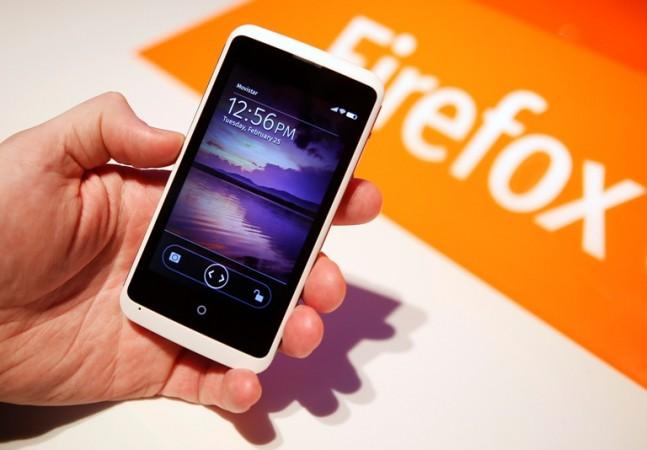
Mozilla has shared some plans for the near-future where it is letting go of its ailing Firefox OS for smartphones and moving towards a new area of interest – Internet of Things (IoT). The software developing company announced Thursday that it would completely stop supporting the home-grown mobile OS in May after releasing Firefox OS v2.6.
As a result, the entire Firefox OS team will be reassigned for the new task in hand – to focus on making the biggest impact in the fast-growing IoT space. Mozilla's decision to terminate Firefox OS for smartphones comes after the open-source system failed to gain enough traction in the highly-competitive space led by the likes of Apple's iOS and Google's Android. Now, Mozilla will channel its focus into the future and invest its resources in the development of IoT.
"Through the work of hundreds of contributors we made an awesome push and created an impressive platform in Firefox OS," Mozilla developer George Roter wrote in the company's official blog post, Thursday. "However, as we announced in December, the circumstances of multiple established operating systems and app ecosystems meant that we were playing catch-up, and the conditions were not there for Mozilla to win on commercial smartphones."
"We have decided that in order to succeed in the new area of Connected Devices we must focus our energy completely on prototyping the future and exploring how we can make the biggest impact in IoT," he added.
The latest announcement means Mozilla will have no direct role to play in the development of Firefox OS after May, but it is not shutting out third-party app developers from working on the open-source system. The company will stop accepting Android, desktop and tablet apps for its Marketplace, but will continue to accept Firefox OS apps till 2017.
As for its plans for Connected Devices or IoT, Roter acknowledged that the company has three projects underway, one of which is Firefox OS Smart TV. Even in the IoT space, Mozilla will meet the same competitors it had in the mobile operating system space, Apple and Google, along with several new rivals hoping to explore the niche category with unique inventions.

















